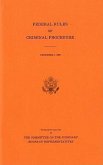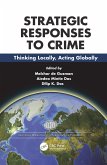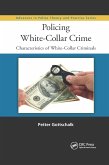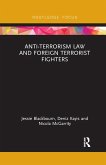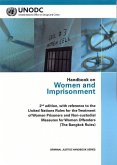This report examines the constitutional implications of the Crime and Courts Bill. It specifically focuses on three aspects of the bill: the National Crime Agency and counter-terrorism policing; the size of the UK Supreme Court; and Judicial appointments. Concerns raised by the Committee include that Clause 2 raises the fundamental constitutional issue of the proper relationship between parliamentary and executive law making. It is felt that there not adequate procedural safeguards and the House will wish to consider whether the constitutionally appropriate vehicle is primary legislation. They also feel that if provision for a possible reduction in the size of the Supreme Court is to be made, Parliament should retain a role. With regard to judicial appointments the focus further centres on four concerns: the role of the Lord Chancellor in relation to the appointment of the Lord Chief Justice and the President of the Supreme Court; the absence of an express diversity duty on the Lord Chancellor and the Lord Chief Justice; the absence of proposals to increase the retirement age for certain senior judges; and the absence of proposals about government lawyers becoming judges
Hinweis: Dieser Artikel kann nur an eine deutsche Lieferadresse ausgeliefert werden.
Hinweis: Dieser Artikel kann nur an eine deutsche Lieferadresse ausgeliefert werden.

![Crime and Courts Bill [Hl] Crime and Courts Bill [Hl]](https://bilder.buecher.de/produkte/36/36394/36394185n.jpg)
